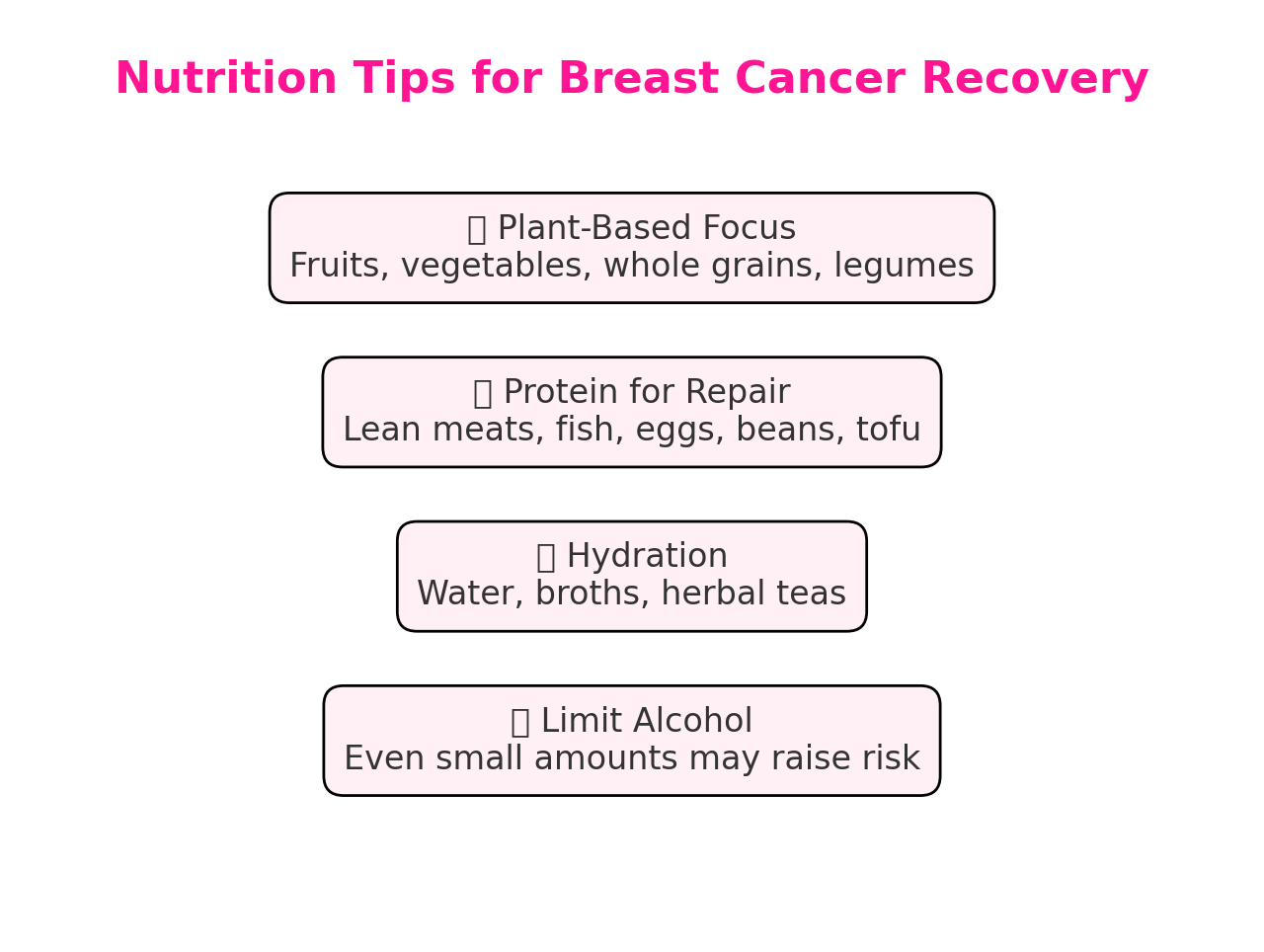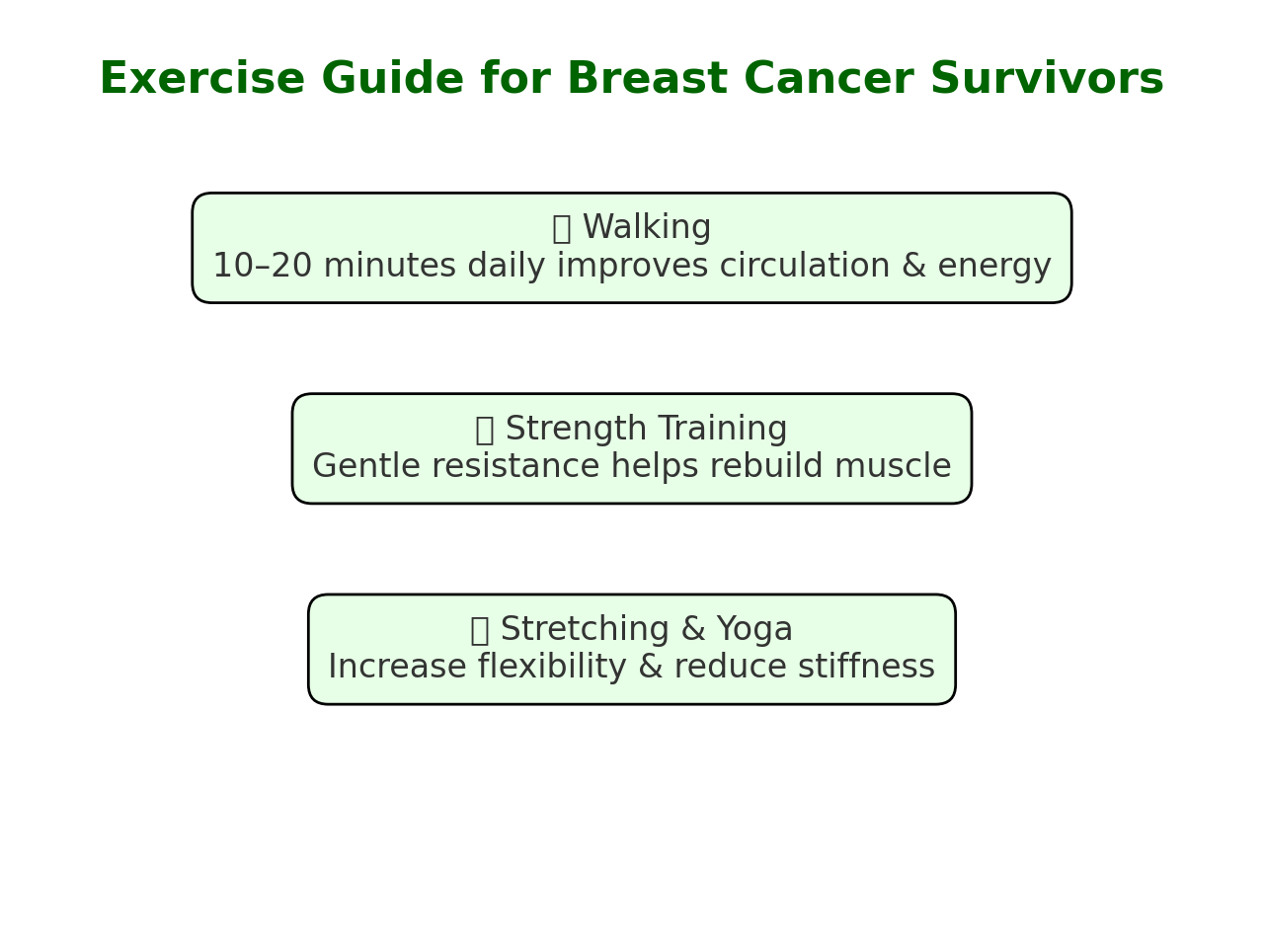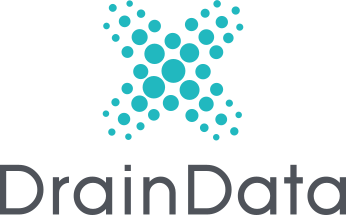Breast cancer care doesn’t end in the infusion chair or the operating room. Nutrition, exercise, and lifestyle choices can play a key role in recovery, quality of life, and even long-term outcomes. But with so much information out there, where should patients and caregivers begin?
🥦 Nutrition for Healing
- Plant-based focus: Aim for fruits, vegetables, whole grains, and legumes.
- Protein for repair: Lean poultry, fish, eggs, beans, or tofu to help healing tissues.
- Hydration: Water, broths, or herbal teas to fight fatigue and keep digestion moving.
- Limit alcohol: Even small amounts may increase recurrence risk.
“Food isn’t a cure, but it can be powerful medicine for energy, mood, and resilience.”
— Oncology Dietitian

🏃♀️ Movement & Exercise
Exercise doesn’t just help with physical recovery — it also lowers fatigue, improves sleep, and boosts mental health.
- Walking: Even 10–20 minutes a day can improve circulation and energy.
- Strength training: Gentle resistance helps rebuild muscle mass lost during treatment.
- Stretching & yoga: Improve flexibility, reduce stiffness, and support mental calm.

🧠 Mental Health & Emotional Resilience
Body image, anxiety, and fear of recurrence are common long after treatment ends. Support is as critical as medication:
- Seek therapy or counseling specialized in oncology.
- Join support groups online or in-person.
- Try meditation, journaling, or breathing practices to manage stress.
Lifestyle doesn’t replace medical care, but it amplifies healing. Small daily choices — meals, movement, mindfulness — build resilience and hope.
Healing is a marathon, not a sprint. Nourish your body, move with intention, and care for your mind.
